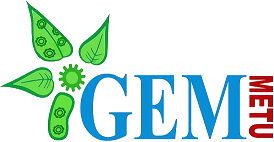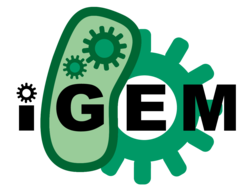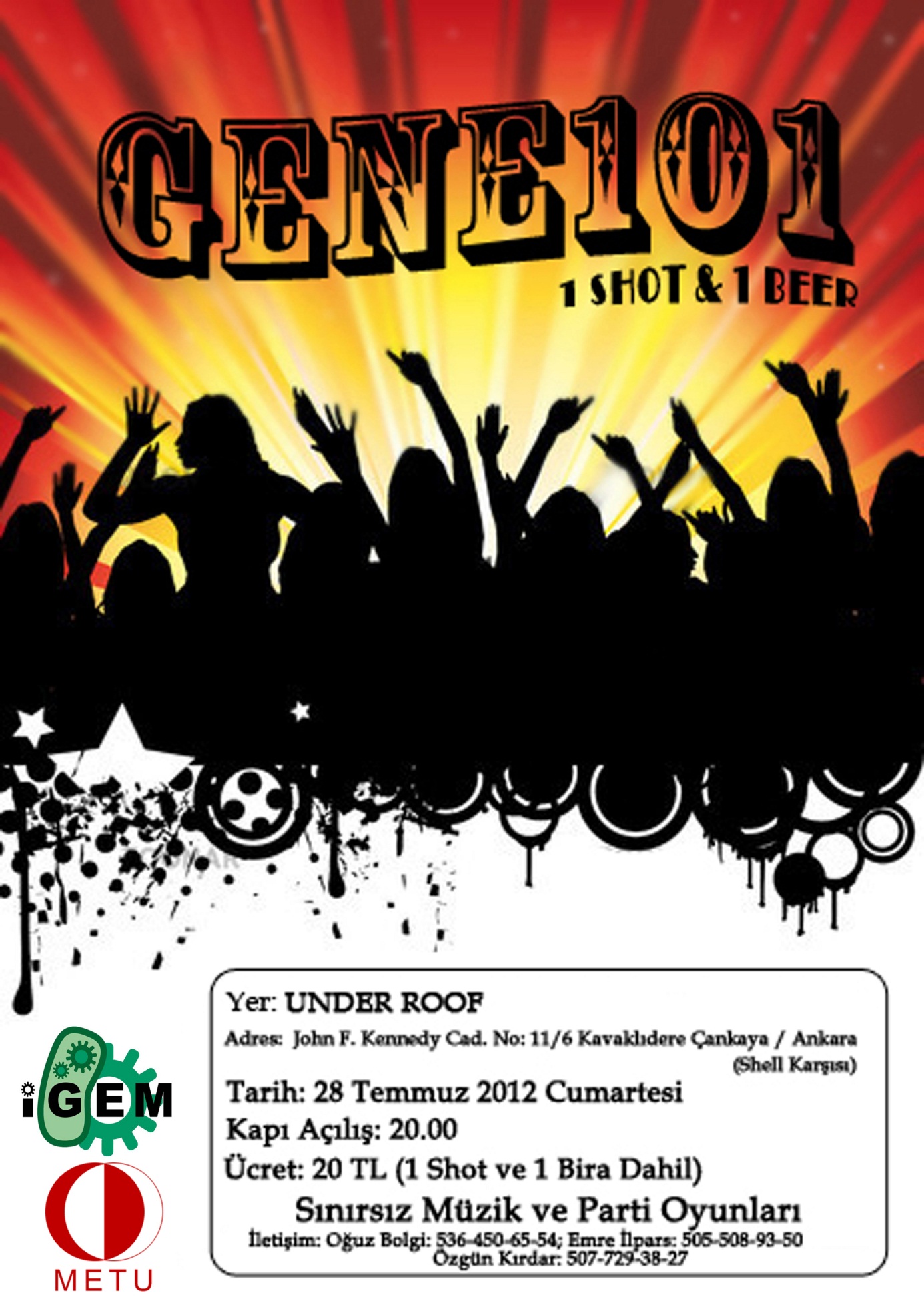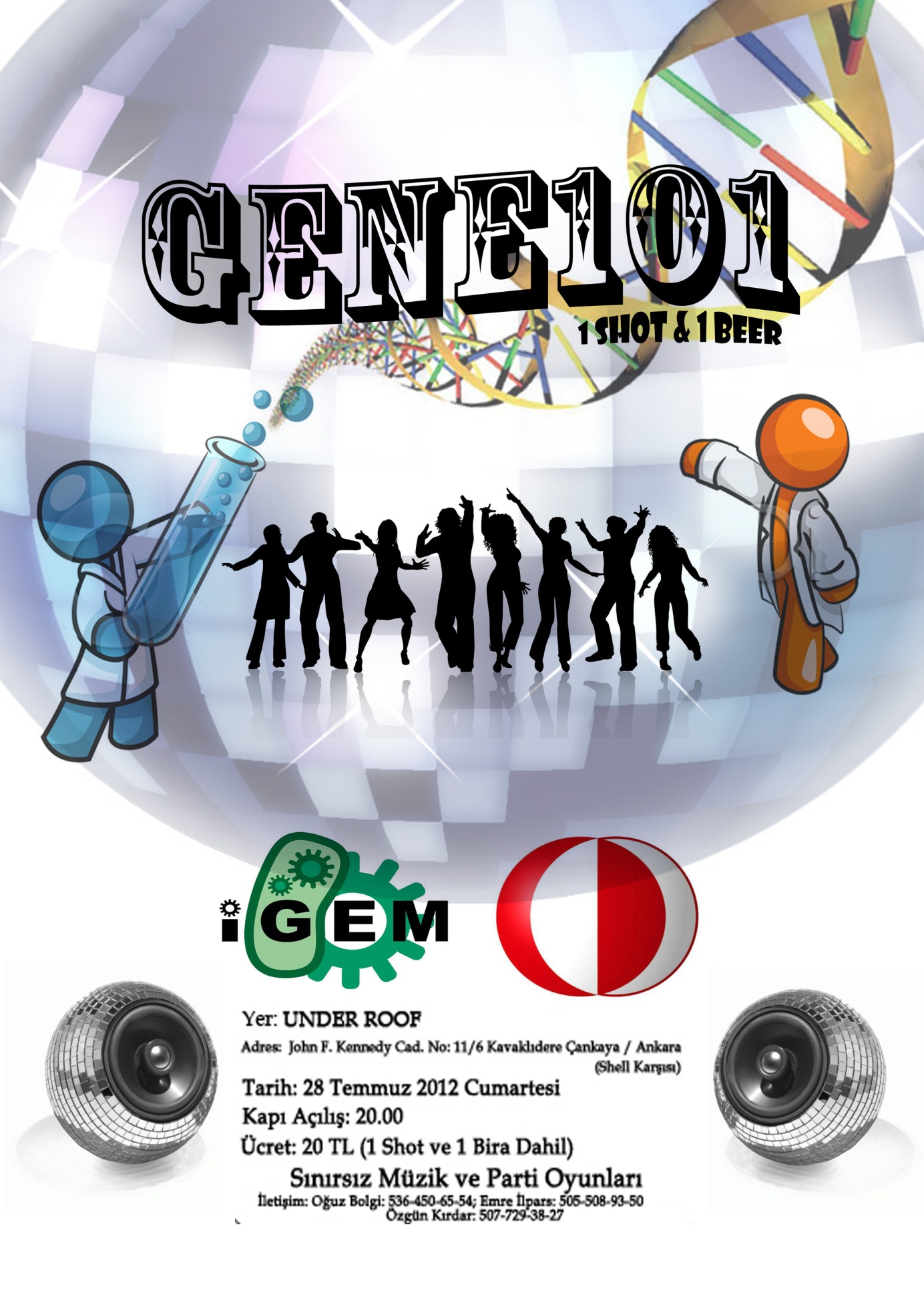Team:METU/Activities
From 2012.igem.org
Overview
In our project we aimed to construct a biofilm which will convert CO to CO2 biologically. Biofilms can be defined as the group of cells firmly united with the help of lipids, protein, DNA and polysaccharides and they can be used for beneficial applications [1] but the main obstacle in the case of biofilm formation is to keep the cell growth under control. We wanted our biofilm to work as a CO filter, due to that reason we designed a quorum sensing (QS) system to control the number of cells and to characterize the activity of biofilm better.
Cell population density changes as the bacteria grow and divide in the biofilm and QS can be defined as the regulation of gene expression during this change. As the cell density increases bacteria starts to release molecules named as autoinducers and according to the concentration of autoinducers gene expression is altered[2]. Eventually bacterial growth will be controlled. In our project we aimed to modify E.coli to synthesize its own QS signals, detect the cell density and prevent the cell division.
How The System Works ?
At the beginning of our QS system there is a constitutive promoter J23116 which is used for the constitutive production of LuxI, an autoinducer synthetase for AHL (acyl-homoserine lactone). Function of LuxI is to synthesize 3OC6HSL (3-oxohexanoyl-homoserine lactone). When 3OC6HSL is produced, it will form a complex with LuxR which is synthesized according to the activity of LuxPL promoter. After that point we aimed LuxR-3OC6HSL complex to increase the activity of LuxPR promoter. Finally LuxPR activity determines the amount of LasR and when PLasR promoter is activated MinC, a cell division inhibitor can be synthesized. Eventually, cell division stops after MinC reaches its critical concentration.
Modelling
CELL LIMITER MODEL
Quorum sensing model aims to determine number of cells and cell density in our system. We used ODEs to model system and write a program in MATLAB. Although the aim was to get certain numbers, we couldn’t succeed it due to lack of parameters found in literature. As a result we decided to include 18 constitutive promoters found in partsregistry in our model, and after the missing parameters are entered, the program will give desired results.
You can download zip file from here. deneme22.m should be run in MATLAB to run program. Screenshots from program:



Introduction:
Our system starts to work with constitutive production of LuxI. After HSL is produced by LuxI, it forms complex with LuxR whoso transcription is controlled by the activity of LuxPL promoter. HSL&LuxR complex negatively regulates LuxPL promoter, as a result when the number of HSL&LuxR complex increase individual cells will drop expression level of LuxR. LasPR promoter is in the control of LasR expression and as HSL&LuxR complex amount increase the LasR production increases. Because the minC expression controlled by LasR promoter, as LasR increases which means as amount of HSL&LuxR complex increases, the expression level of minC increases. Because minC acts as cell division inhibitor after 55 fold of its normal level, we conclude that increase in the HSL&LuxR complex amount to certain level will cause cell division to stop. Since HSL molecules produced by each cell will eventually affect other cells, thanks to this system we can control cell density. To understand mechanism correctly and choose constitutive promoter that will control the rate of production of LuxI according to the desired cell density we mathematically modelled system and then create a program that gives user a chance to select starting promoter and to see resulting number of cells graph

Mathematical Model:
In our model, we included all processes shown below.
Equations for mRNA transcription











C is HSL&LuxR Complex
|
Parameter |
Description |
|
N |
Plasmid copy number |
|
Px |
Promoter Strength |
|
ax |
Degradation Rate |
|
Kx |
Disassociation (Equilibrium) Constant |
|
nx |
Hill Coefficient |
|
tx |
Translation Rate |
|
kx |
Binding on rate |
|
k-x |
Binding off rate |
|
Dx |
Diffusion rate |
|
d |
cell density |
|
µ |
production rate |
References
[1] Hong S.H., Hedge M., Kim J., Wang X., Jayaraman A., Wood T.K. (2012). Synthetic quorum-sensing circuit to control consortial biofilm formation and dispersal in amicrofluidic device. Nature Communications, 3 (613). doi: 10.1038/ncomms1616 [2] Melissa B. Miller and Bonnie L. Bassler. (2001). Quorum sensing in bacteria. Annual Review of Microbiology, 55, 165-199. doi: 10.1146/annurev.micro.55.1.165
 "
"


 " alt="" width="527px" height="371px"/> <img src="
" alt="" width="527px" height="371px"/> <img src=" " alt="" width="300px" height="371px"/>
" alt="" width="300px" height="371px"/> " alt="" width="371px" height="527px" />
<img src="
" alt="" width="371px" height="527px" />
<img src=" " alt="" width="371px" height="527px"/>
" alt="" width="371px" height="527px"/> " alt="" width="527px" height="371px" />
" alt="" width="527px" height="371px" /> " alt="" width="527px" height="371px"/>
" alt="" width="527px" height="371px"/>